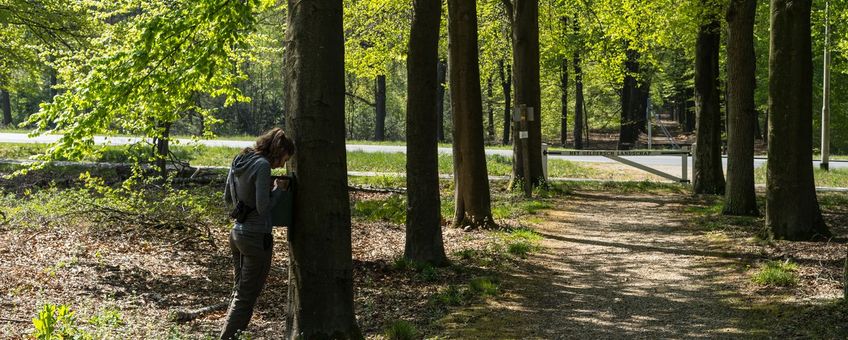
Great tits don't inherit ability to think on their feet
Netherlands Institute of Ecology (NIOO-KNAW) In order to survive, animals need to gather, store and process information from their environment. But they must also be able to quickly review that information if required: 'reversal learning', as scientists call it.
In order to survive, animals need to gather, store and process information from their environment. But they must also be able to quickly review that information if required: 'reversal learning', as scientists call it.
Great tits are experts at retaining information about the location and shape of their food sources, even if the environment is complex. But because of climate change, this information is liable to change ever more quickly. For some great tits, this works out less problematic than for others. Such individual differences aren't exceptional, but when it comes to cognitive flexibility, we know little about what actually happens 'under the hood'.
Repeatability
As part of her PhD research, Krista van den Heuvel set up an experiment with feeders, one of which would provide mealworms. How would great tits react if that feeder suddenly became unavailable, and they had to go to another feeder for their reward?
The experiment provided important clues about repeatability: if a great tit proved adept at switching between feeders, would that also be the case during the next round? Otherwise, it wouldn't be possible to speak of stable individual differences. Van den Heuvel also looked at the connection between cognitive flexibility and personality traits. Other studies have shown, for example, that more exploratory individuals are faster at forming initial associations but perform worse when it comes to reversal learning tasks.
Is flexibility heritable?
Phenotypic traits such as curiosity are are known to be heritable and have a genetic basis. So Van den Heuvel wanted to find out if the same was true of cognitive traits, including flexibility. After all, it would make sense if 'flexible' great tits turned out to have an advantage during natural selection. Her experiment provided evidence that reversal learning performance is indeed repeatable, to a limited extent. But when she selected the most flexible individuals to reproduce, and tracked their offspring over several generations, there was no notable difference with other great tits.
When it comes to cognitive flexibility, therefore, 'like parent, like child' does not seem to apply. However, Van den Heuvel and her co-authors – who include senior NIOO-research Kees van Oers – are adamant that there's yet more to research. "We could test which specific traits determine the reversal learning speed of great tits. Faster reversal learners may be better at finding the newly rewarding feeder, or it may take them less time to forget about the old feeder. These different components may cancel each other out. But perhaps they will turn out to be heritable.
Text: NIOO-KNAW
Photos: Krista van den Heuvel, NIOO-KNAW (lead photo: Van den Heuvel checks nest boxes at NIOO)
